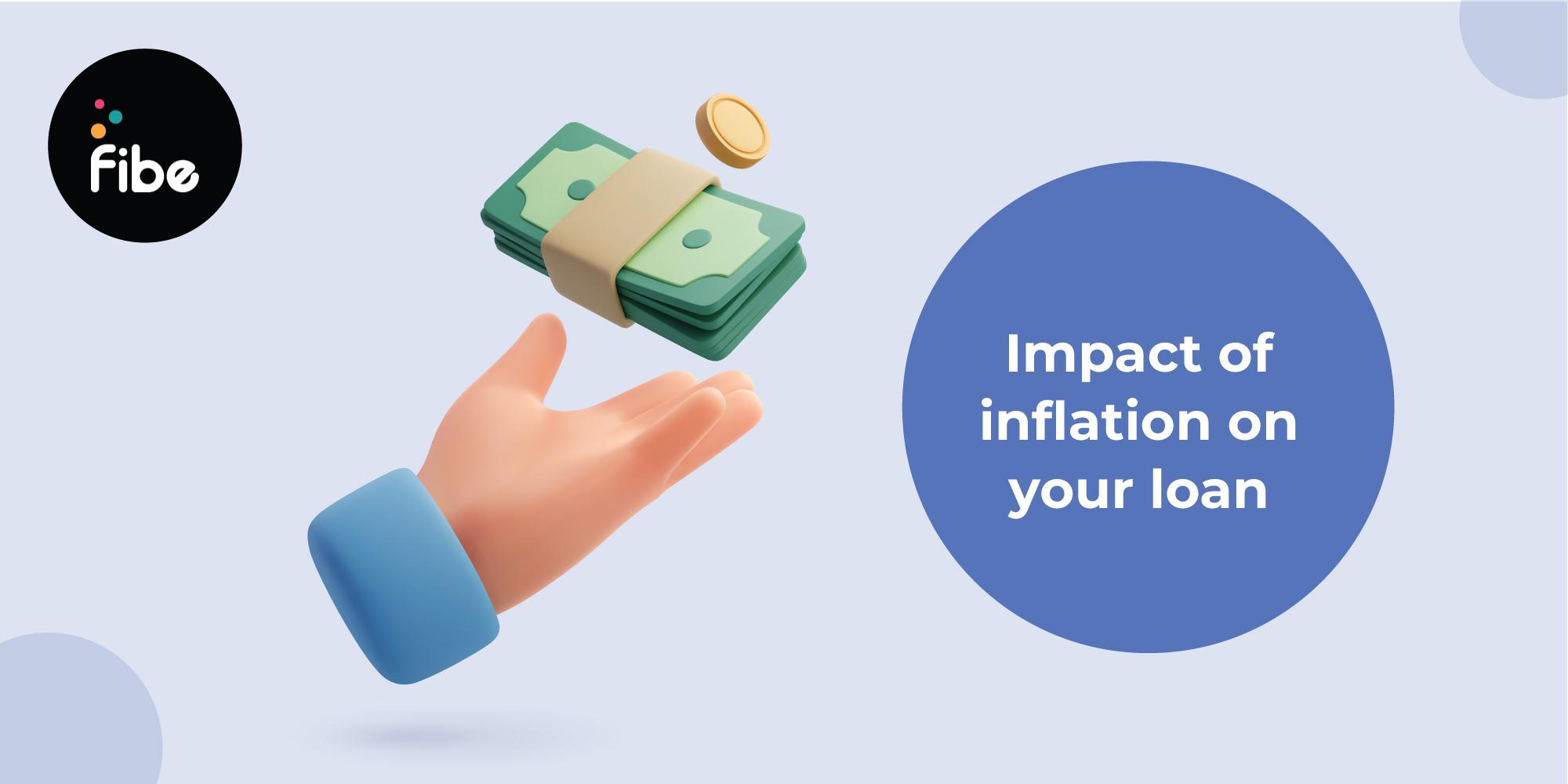Due to the impact of inflation on the cost of living, it is often referred to as a silent financial predator. This is because it causes the value of money to shrink over time as costs gradually increase for various goods and services. Simply put, you get less for your money, effectively reducing your spending power. As such, inflation can and often does, affect your standard of living.
Read on to know more about inflation’s impact on your finances and how to mitigate it.
What is Inflation?
Here’s a brief overview of what inflation is:
- It is the rise in prices of goods and services, which results in reduced purchasing power
- Inflation rates reflect the percentage at which the cost increases over a defined period of time
- The Central Government calculates these rates based on the average price increase of a basket of selected goods and services
- The inverse of inflation is deflation, where the prices decline due to lower spending
- Too much deflation is bad for any economy as it can lead to larger issues like mass unemployment
How Inflation Impacts Personal Finances?
Here’s what you need to know about the effects of inflation:
Reduced Purchasing Power
- The most notable impact of an increase in the price of goods and services is the declining purchasing power
- The higher the inflation, the lesser you can get with the same amount of money
- The standard of living shoots up as well, making it harder to maintain your lifestyle
Decreased Savings
- A high inflation rate also gradually erodes your savings, if it isn’t invested
- This is because many banks offer savings accounts and deposits with lower interest rates compared to the current inflation rates
- Investments are the only way to combat inflation, especially if the ROI is comparatively higher
Higher Borrowing Costs
- Due to the impact of inflation on interest rates, your cost of borrowing also changes
- When inflation rates rise, the Central Bank generally responds by increasing the interest rates on loans to control supply
- If you have opted for floating-rate loans, your interest rates will rise, leading to a considerable increase in interest payments
Negative Effect on Retirement Planning
- If not accounted for properly, inflation can also significantly reduce the real-world value of your retirement corpus
- Saving money without combating inflation can result in having savings that may not be enough to keep up with the cost of living
Influence on Investments
- If you have invested in stocks and bonds, their returns may react differently due to inflationary markers
- However, their returns may still provide a hedge against price increases
- It is essential to review your investments periodically against inflation rates to ensure that they outperform inflation
- If need be, adjust your investments to align with the prevailing macroeconomic conditions and your financial goals
Also Read: Protecting Yourself from Financial Fraud
How to Mitigate the Impact of Inflation?
Follow these strategies to offset the effect of inflation on investment and other factors of your finances:
- Invest in Inflation-Protected Securities: Consider investing in an instrument that offers higher CAGR returns than the rate of inflation.
- Diversify Your Portfolio: By diversifying your investments across different asset classes, like stocks, mutual funds, fixed deposits and bonds, you can reduce inflation’s impact.
- Invest in Commodities: Commodities, like gold, silver and crude oil, are considered a great hedge against price increases and economic uncertainties.
- Minimise Debt: It helps to reduce your debt outgo, as the cost of your credit may increase significantly during high inflationary periods.
When it comes to inflation, any amount of wealth appreciation can help you safeguard your money’s value. To truly combat it, start by allocating your primary income towards investment avenues with positive outlooks over longer horizons.
In instances where your savings are at risk, Fibe has got you covered with an Instant Personal Loan of up to ₹5 lakhs. The funding comes with competitive rates and flexible tenures, making repayment affordable and adjustable per your needs. Download our instant Loan App or log in to our website to enjoy quick and hassle-free funding with minimal paperwork.
FAQs on How Inflation Affects Personal Finances
What is the impact of inflation on finances?
Here’s how inflation can affect your finances:
- Suppose that you currently have ₹1 Lakh, which you plan to keep with you as cash
- Assuming that the inflation rate for the next year will be 6%, the value of your money will reduce by ₹1,00,000 X 0.06, i.e., ₹6,000
- This is because what you could buy with ₹1 Lakh would then cost ₹1.06 Lakhs
How does inflation affect personal finances?
Here is how inflation can erode a significant chunk of what you earn over time:
- Reduces your purchasing power
- Increases the cost of borrowing
- Diminishes the value of an accumulated, uninvested corpus
